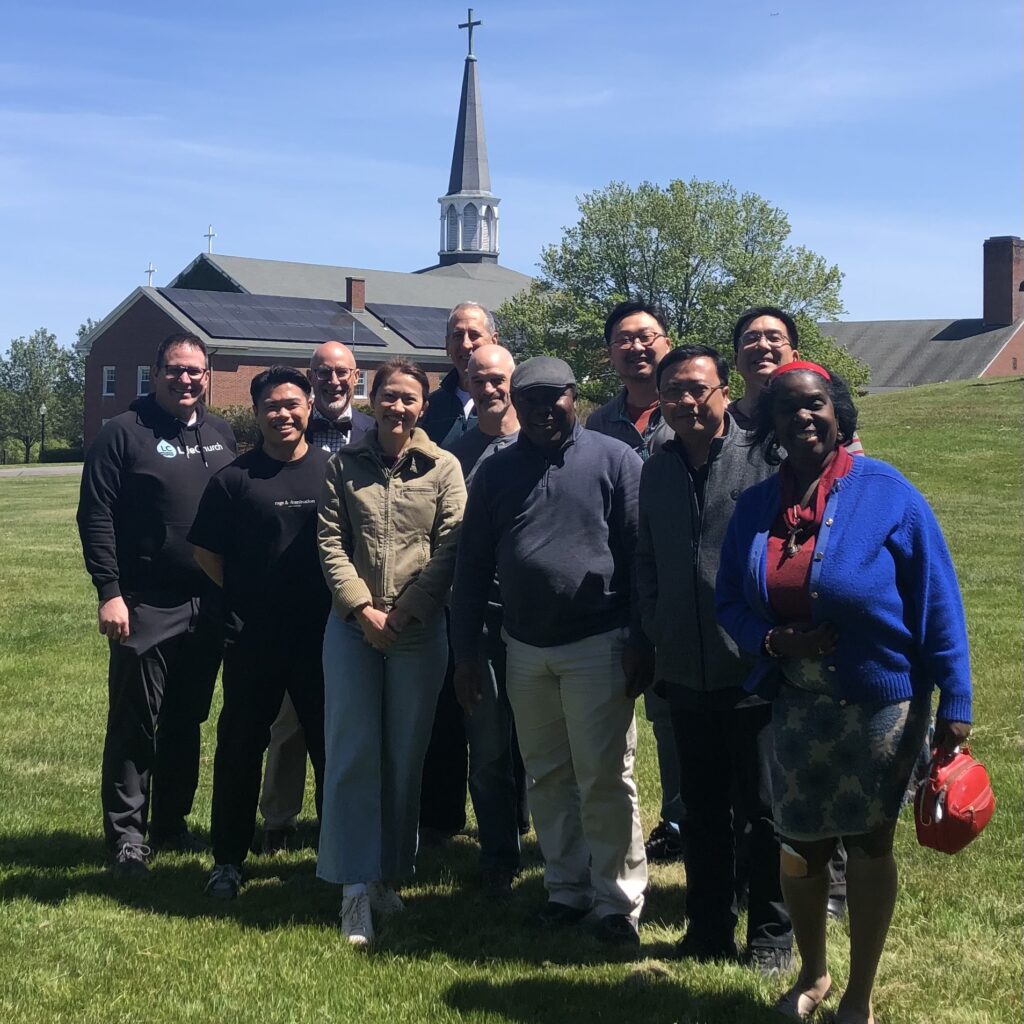Like you, maybe, I’ve come through an Advent series. I am currently in a mini-series on Covenant Church Membership to begin the new year. Lord willing, in a few weeks I’ll settle back into a “normal” series through Matthew’s Gospel or back to the Psalms.
In today’s post I want to continue to explore how Scripture functions for the church (theological interpretation). My example is from Matthew’s account of feeding the five thousand in 14:13-21.
You can tell from v. 16 that Jesus is going to teach His disciples when He replies to their idea with, “They need not go away; you give them something to eat.” Then they respond with, “We have only five loaves here and two fish.”
God is speaking to His people, to us and our congregants, through this impossible request.
I titled my message: The Earthly Life of “God with us”: Sharing His Compassion to Help Heal a Badly Broken World
The compassion part comes from v. 14 (“…and he had compassion on them…”). Evidently, His disciples didn’t catch that yet. Or, to be fair, we might say that they have compassion but can’t get beyond the impossible ministry assignment.
You might develop this in different ways, but the primary applicational angle stems from vv. 16-17.
What did the disciples learn from this miracle? Imagine what they thought when they reflected on what just happened, what they were able to do because of Jesus’s power.
That’s the point. And the narrative leads us there with the interaction between the disciples’s statement about the situation and Jesus’s viewpoint.
May our Lord receive glory in the church and in Christ Jesus (Ephesians 3:21) as you and I continue to read Scripture so it functions for the church.
Randal
P.S. What an exciting day for our country and a vivid reminder of how much we need to pray for our governing officials!











